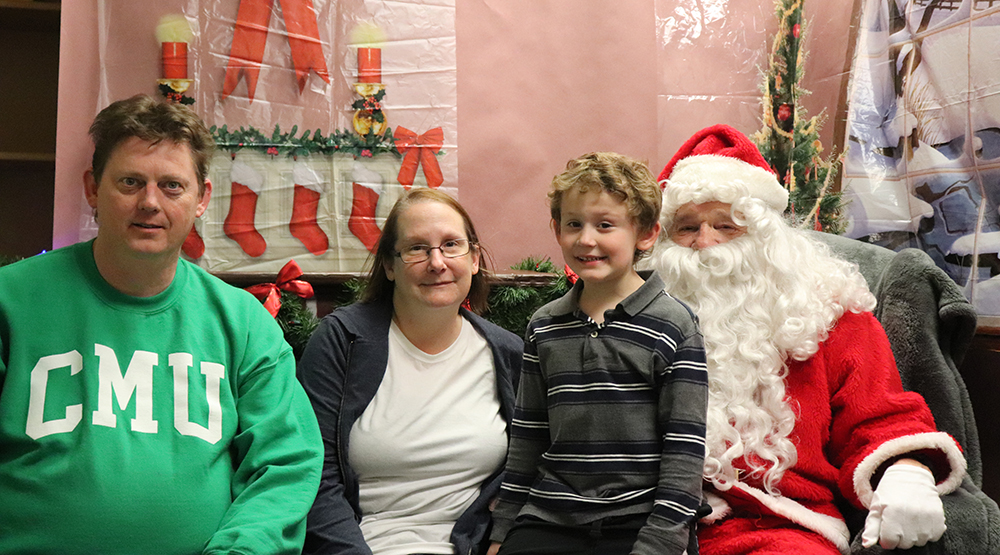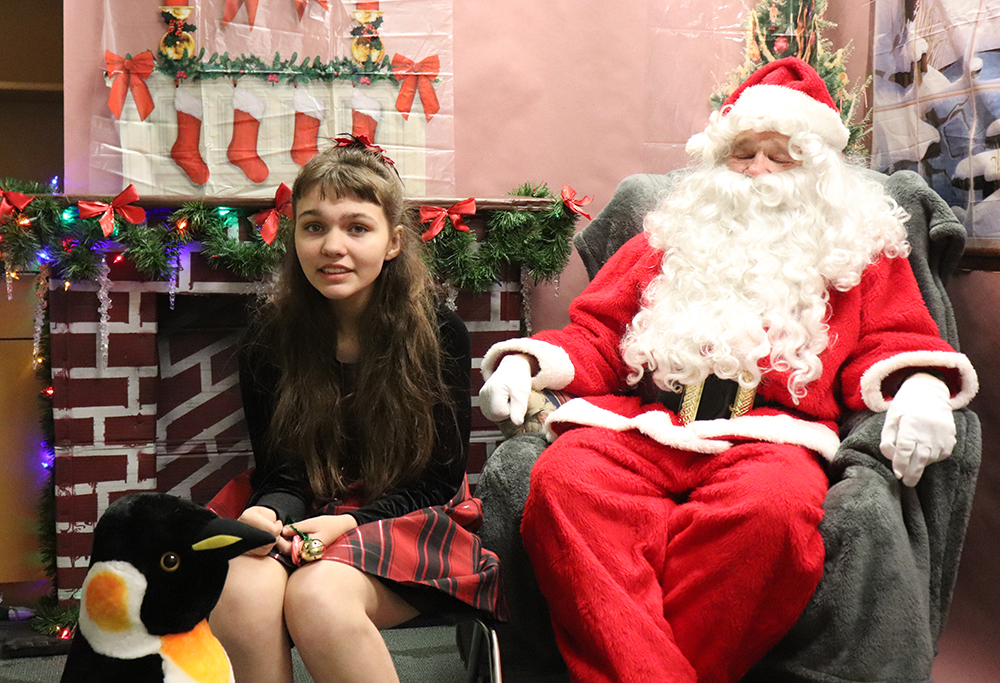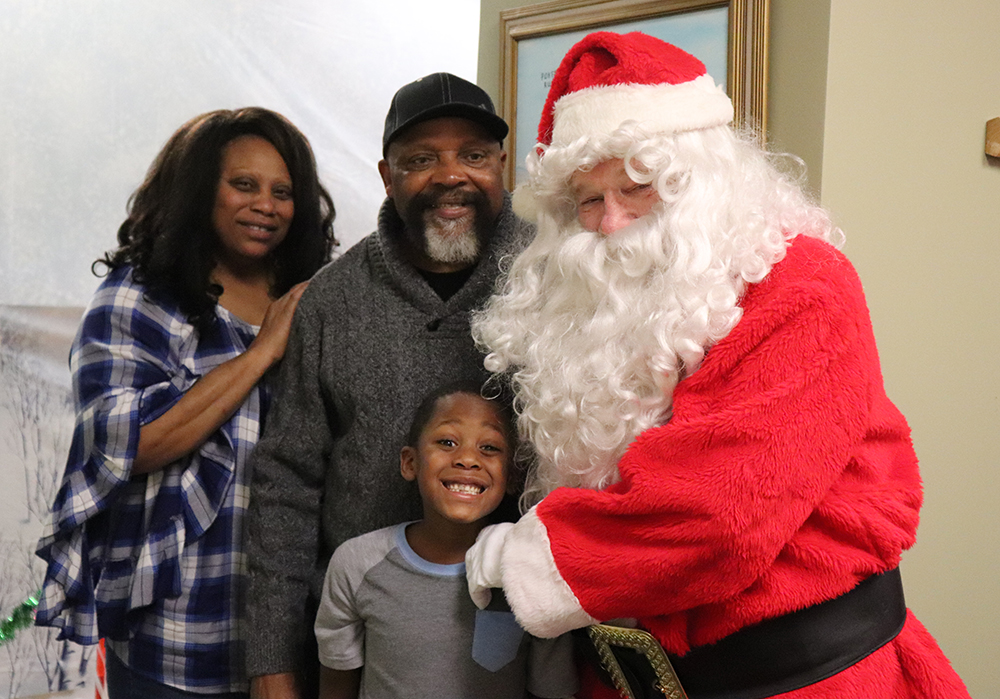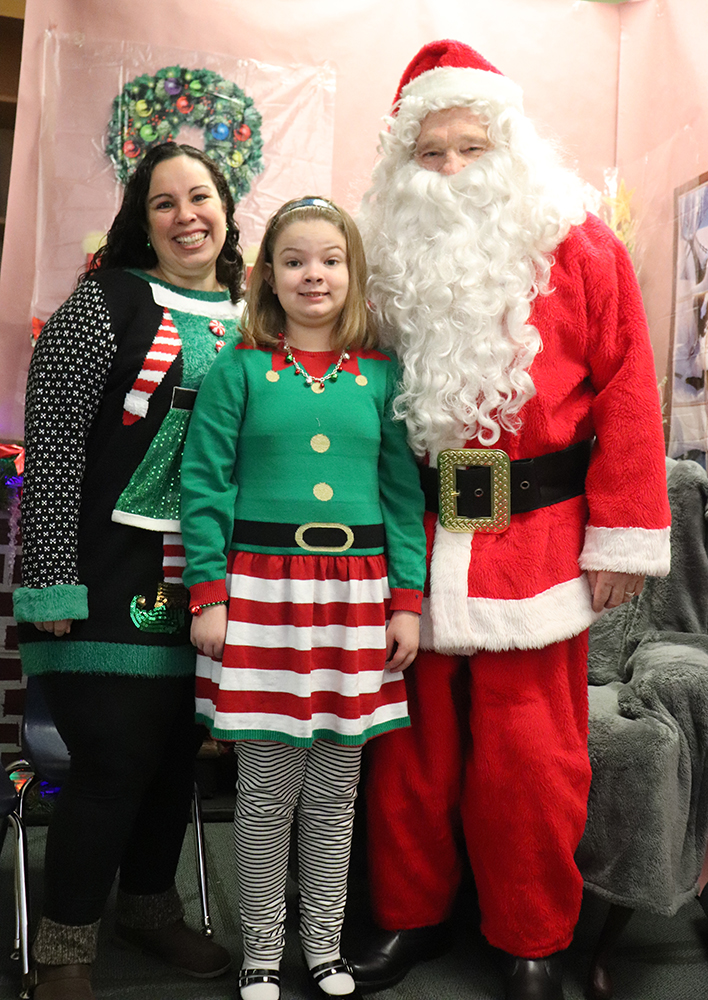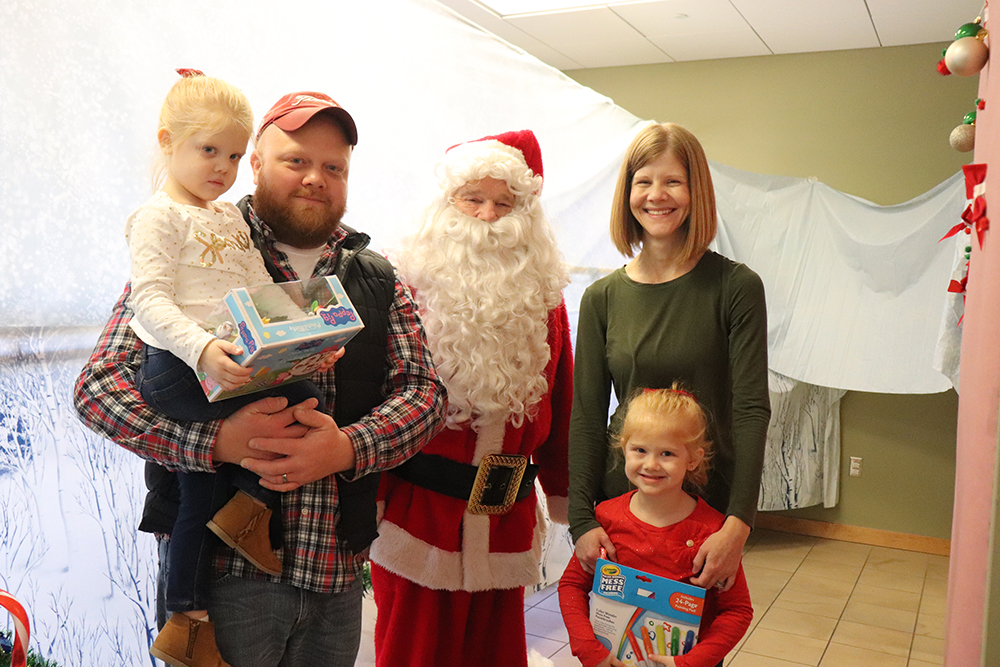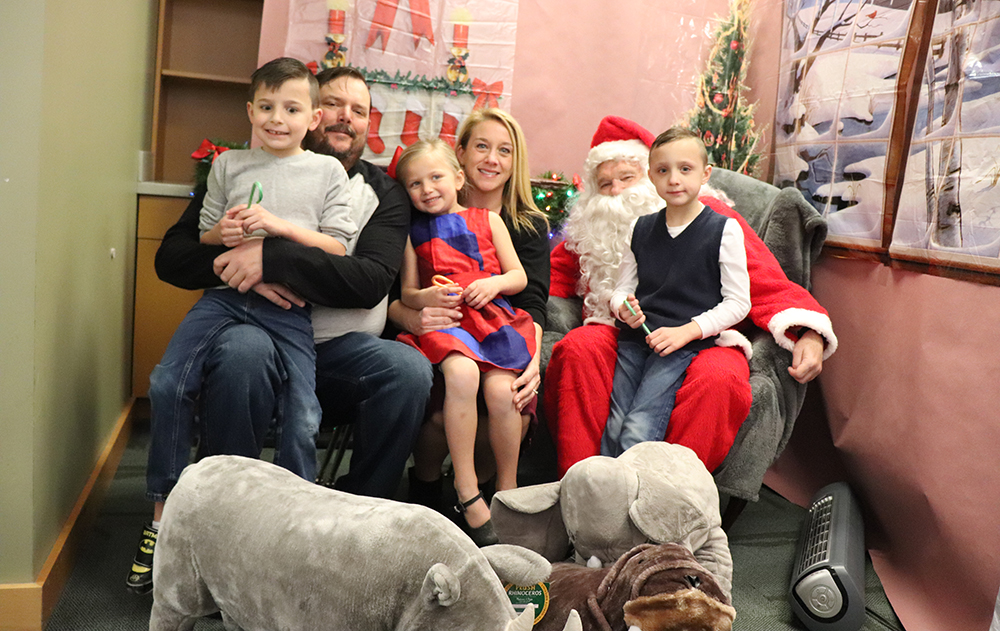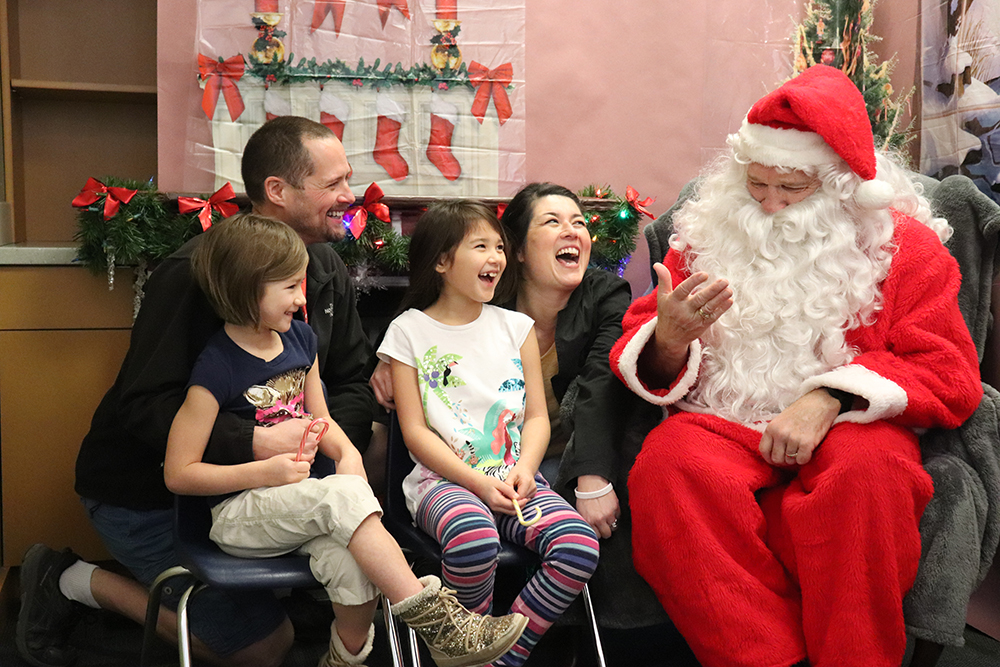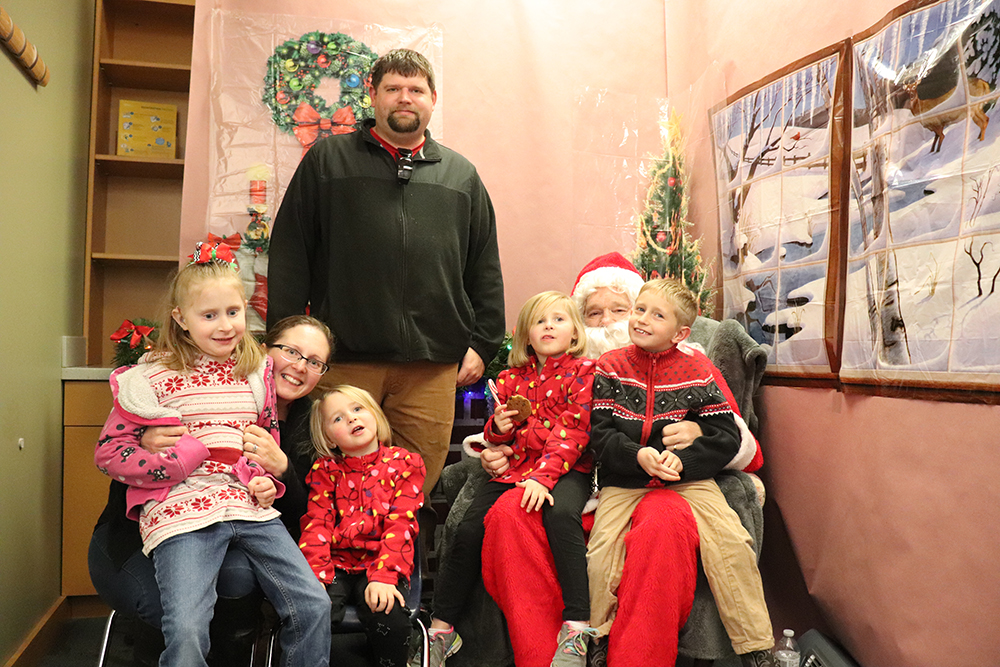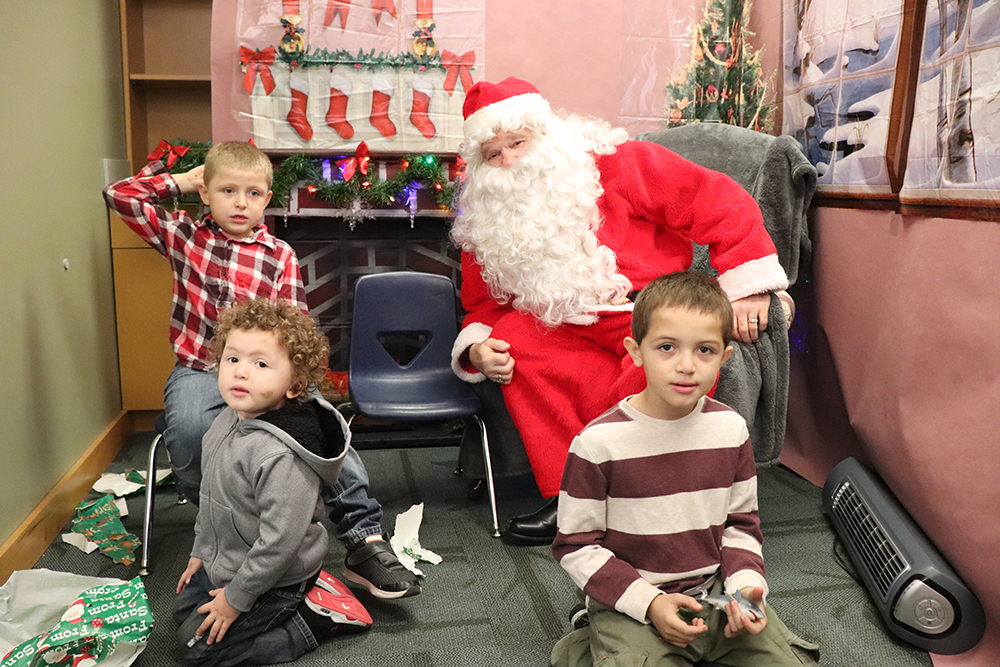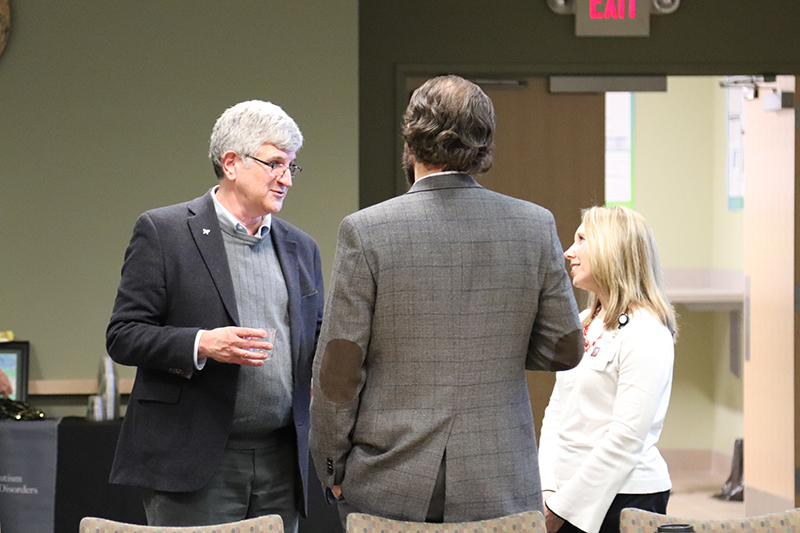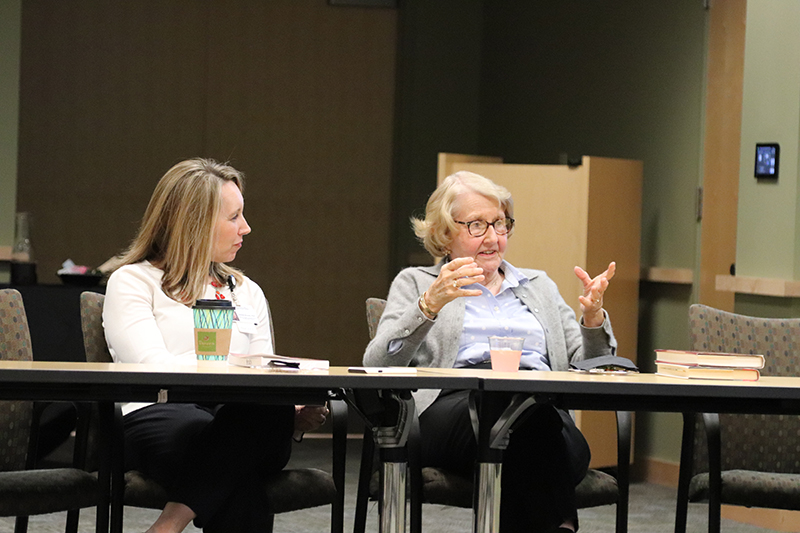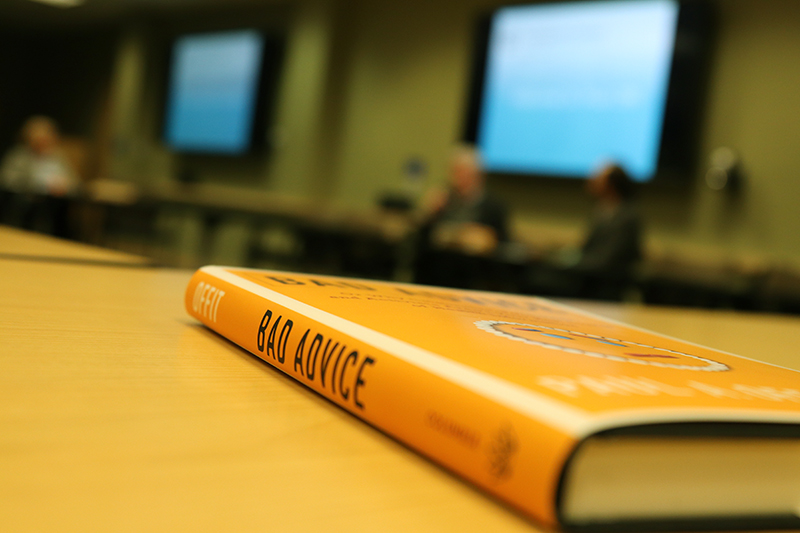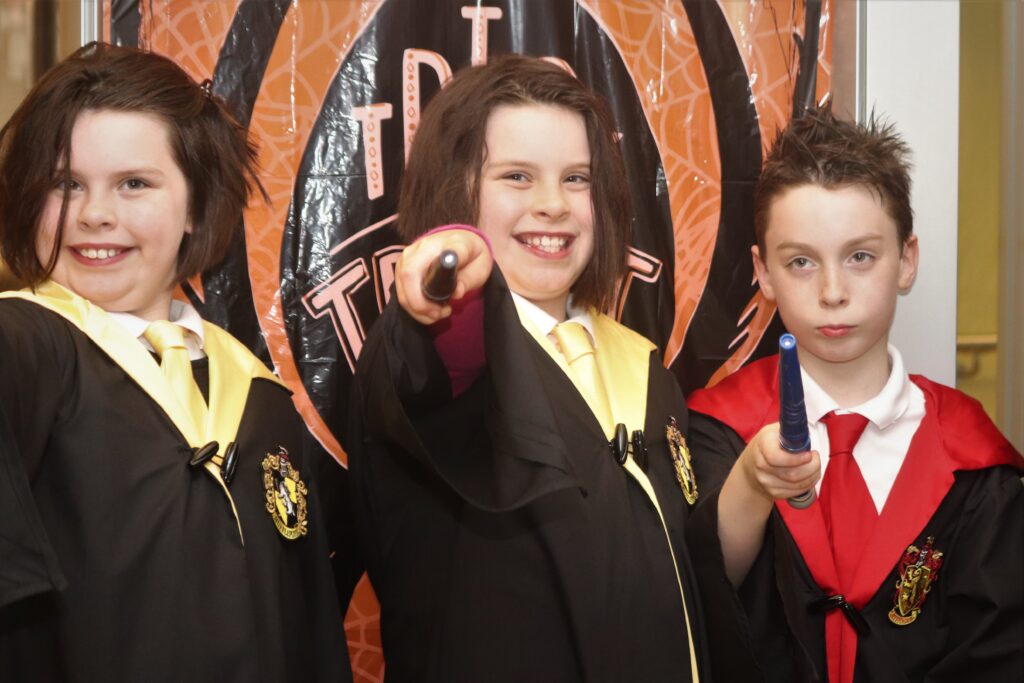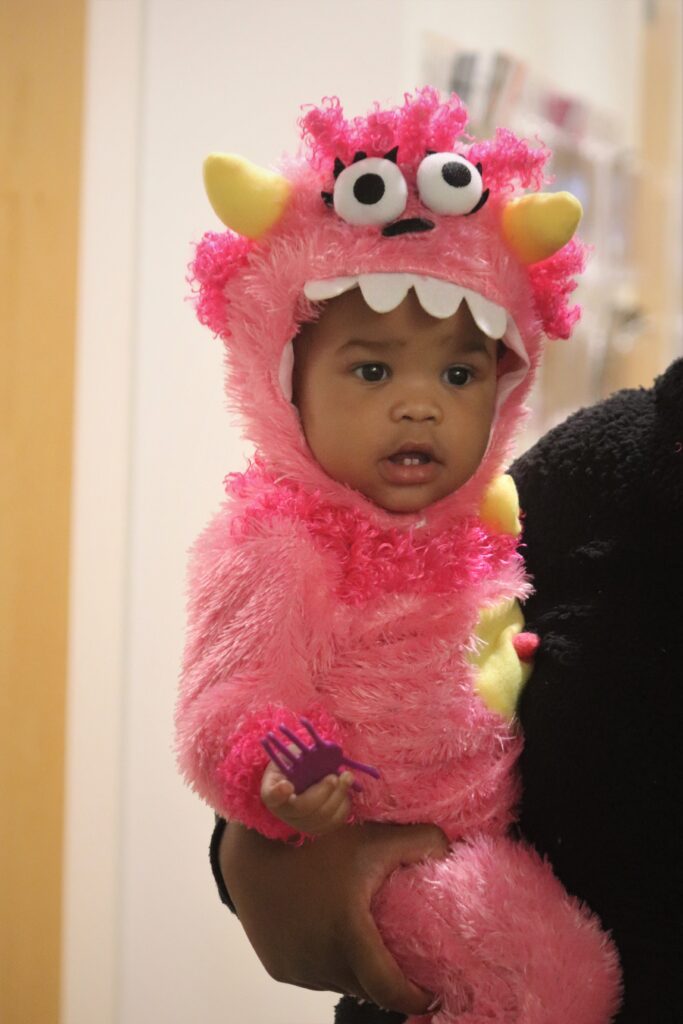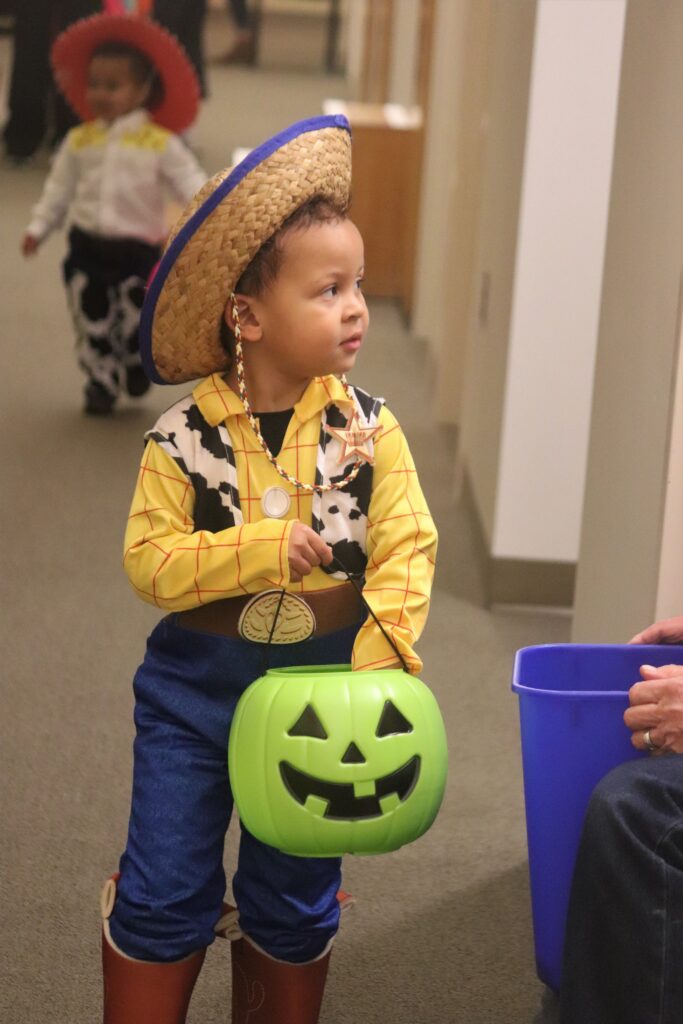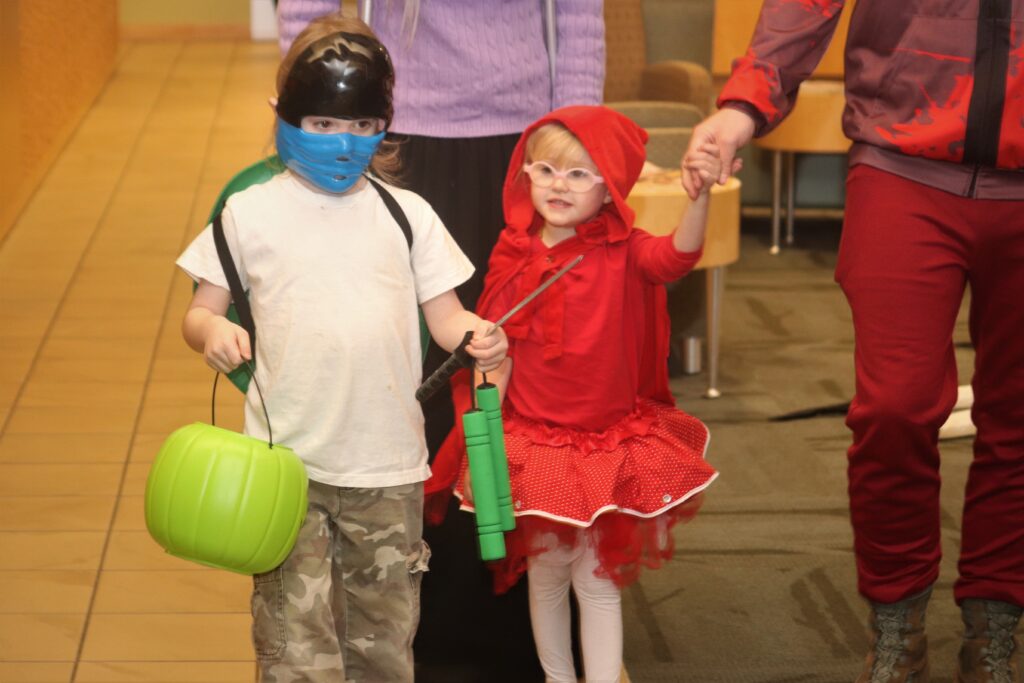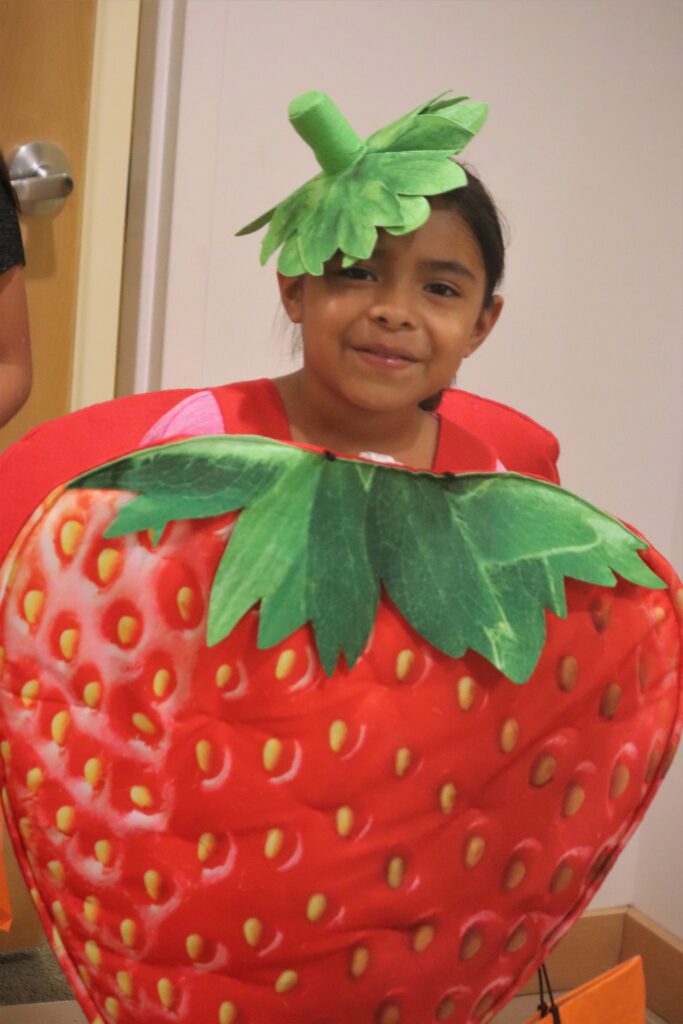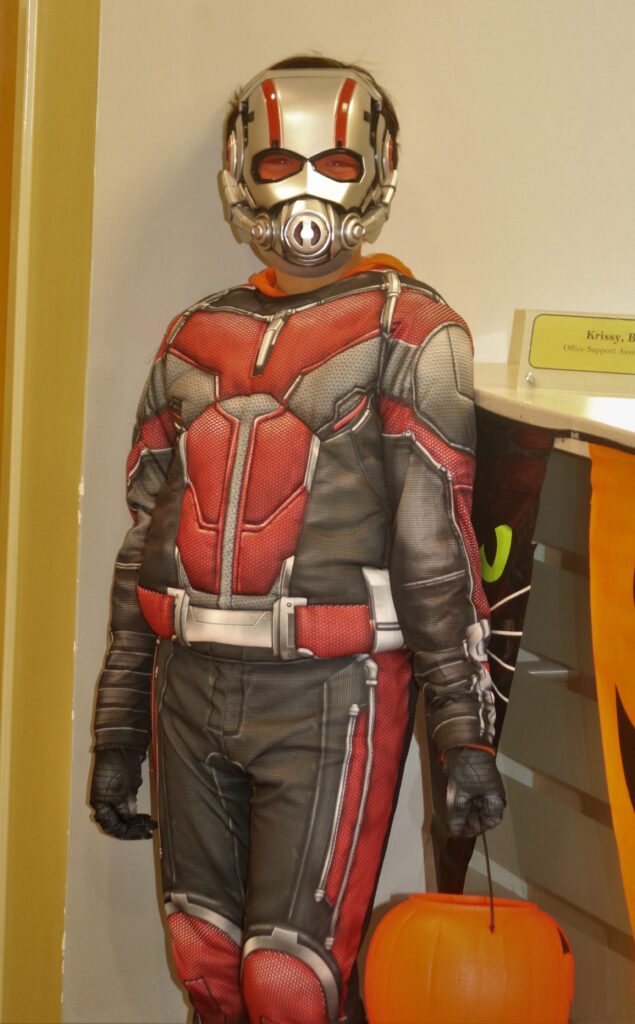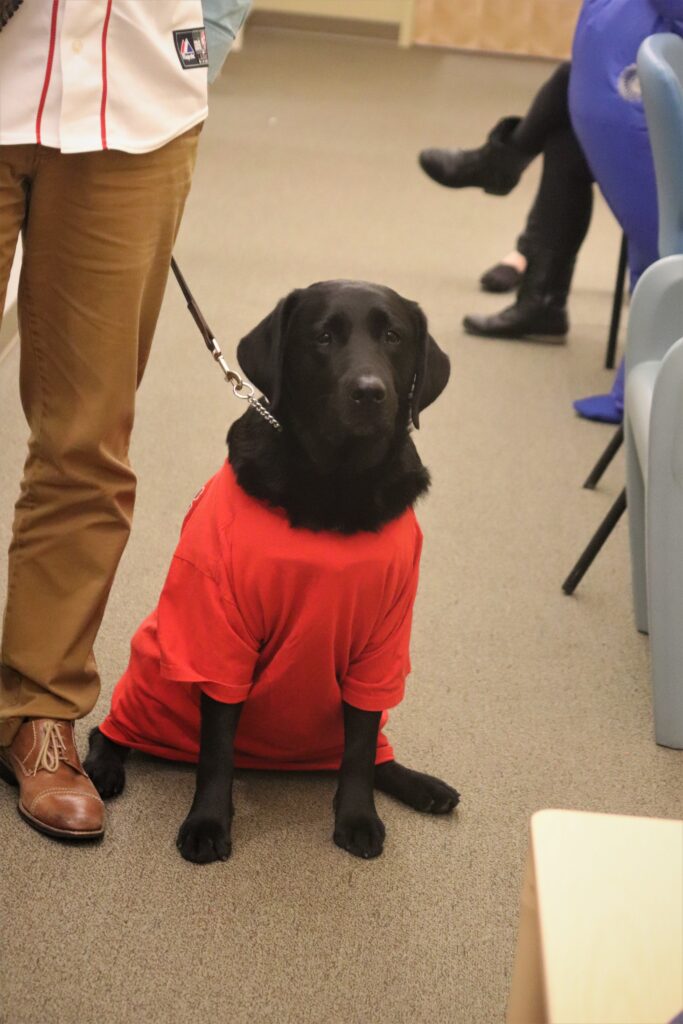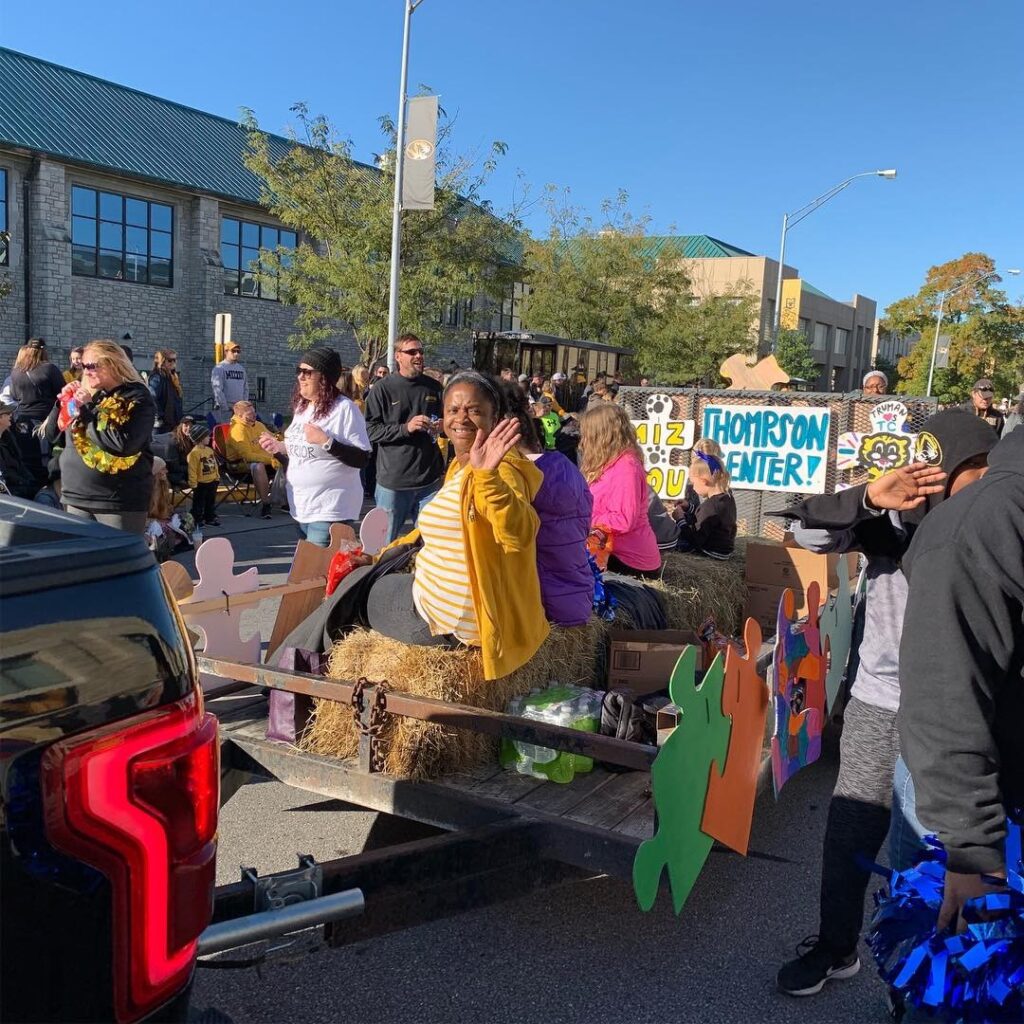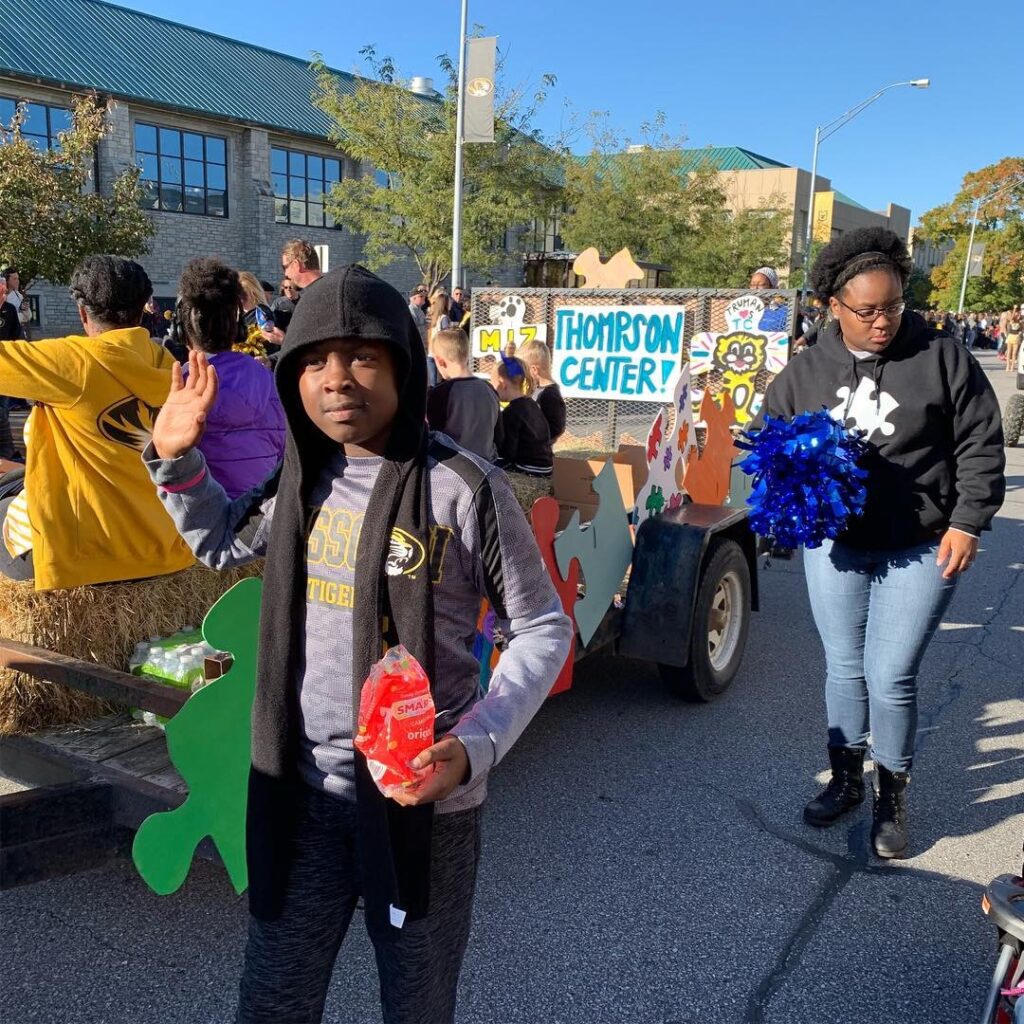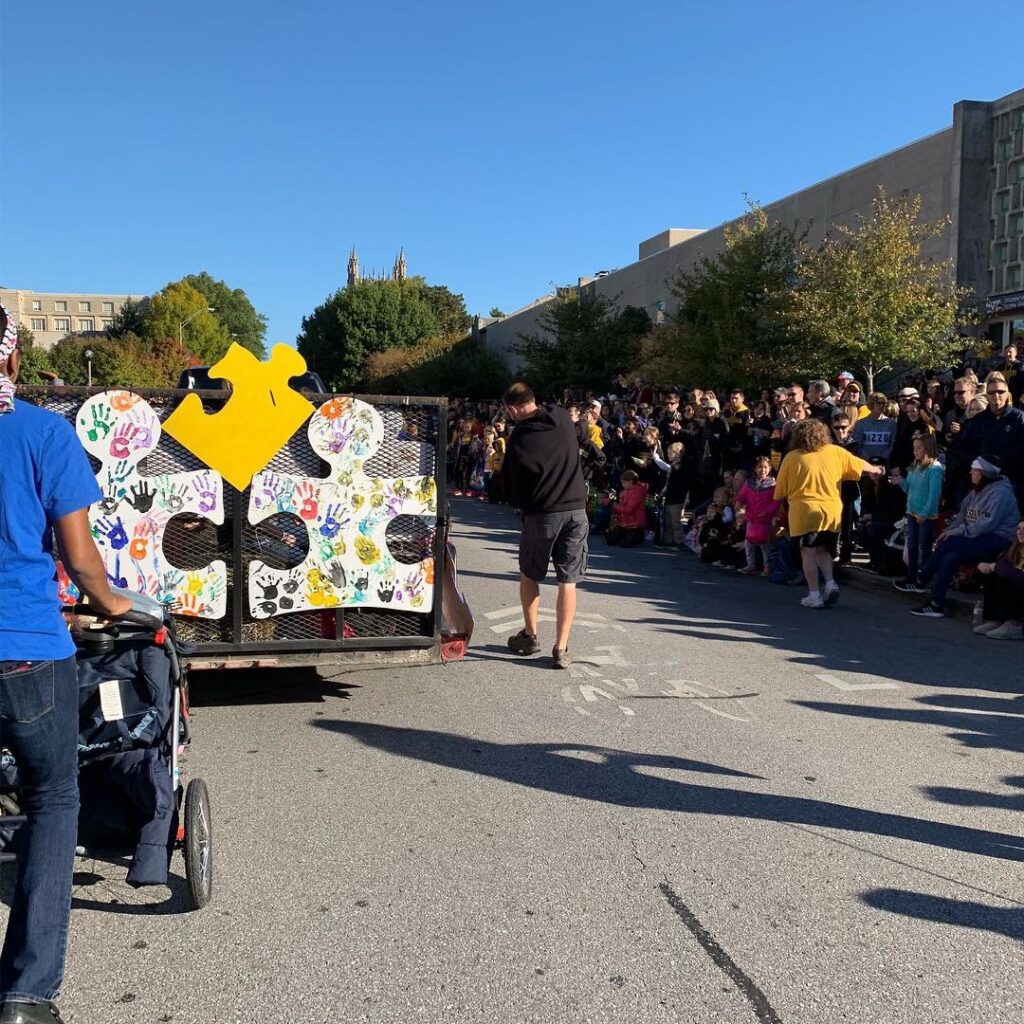“There is no substitute for experience.” It’s a time-worn adage that has proven itself many times, especially in the educational sphere. Dr. Casey Clay, an assistant professor of special education at the University of Missouri College of Education and the Thompson Center, has taken the proverb to heart by developing a virtual reality simulator which allows Applied Behavior Analysis (ABA) students to gain hands-on experiential learning on how to work with children with special needs. This training and educational 
“When working with children with special needs, especially children with severe behavioral problems, it is important for behavior analysts to understand how to best help these children so they will not harm themselves or others,” Clay said. “Virtual reality allows our students to learn these skills in a safe environment, so that when they begin working with real children, they will be prepared for any challenges that may arise.”
As a part of this educational endeavor, Clay also is collaborating with Dr. Bimal Balakrishnan, an associate professor and director of the Immersive Visualization Lab (iLab) in the MU Department of Architectural Studies to perform research on the effectiveness of the virtual reality training simulator.
The two researchers have built virtual reality simulations of behavioral therapy sessions with children with severe behavior problems.
Wearing virtual reality goggles, students immerse themselves in these simulations and treat the simulated patients as they would in a real-life therapy session. Students can interact with the patients and receive real-
Clay has studied the simulator with 13 student participants, comparing it with traditional ABA training methods, such as PowerPoint slide instructions and lectures. He has found that the virtual reality simulator is much more effective in teaching skills including managing problem behavior, how to teach appropriate communication skills to children, giving positive feedback for positive behaviors, and how to ignore negative behaviors.
“We have shown this to be a valuable teaching tool for students to learn skills to identify when a child might become harmful to themselves or others,” Clay said. “Once students can learn these skills safely, they can then transition into real-life therapy sessions, including sessions with Thompson Center patients, to learn additional intervention skills while helping those patients grow and learn themselves.”
Clay has plans to present and publish his findings, as well as expand the virtual reality simulator training to other groups, including parents of children with severe behaviors. He also hopes this method of training will be valuable for other professions that work with children with special needs and will look to expand in those areas as well.

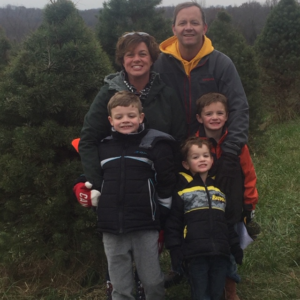


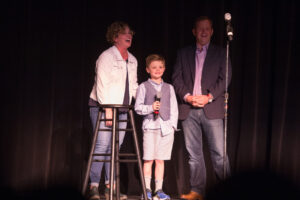

 “Fast forward and she went from being super timid and shy to walking in with confidence, excitement and a take-charge attitude. This year she walked up to Santa and climbed into his lap and hugged him. She has even written him letters and brought them in to read to him.”
“Fast forward and she went from being super timid and shy to walking in with confidence, excitement and a take-charge attitude. This year she walked up to Santa and climbed into his lap and hugged him. She has even written him letters and brought them in to read to him.”


